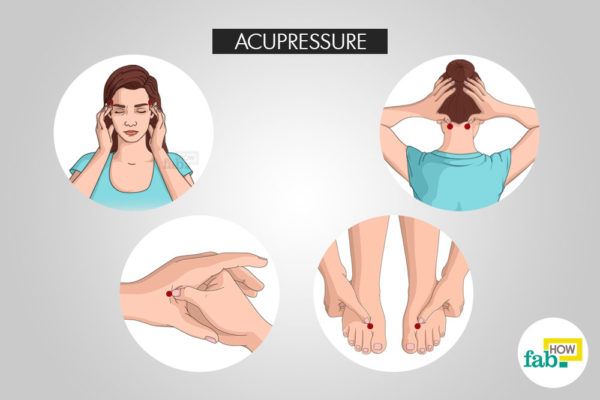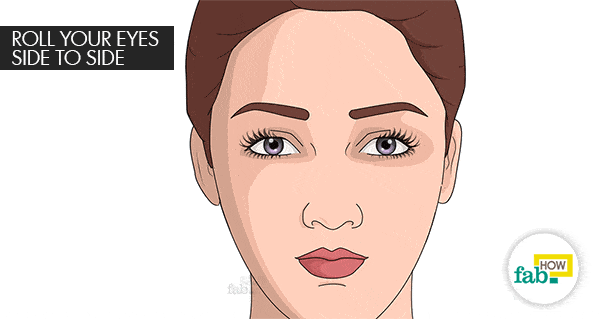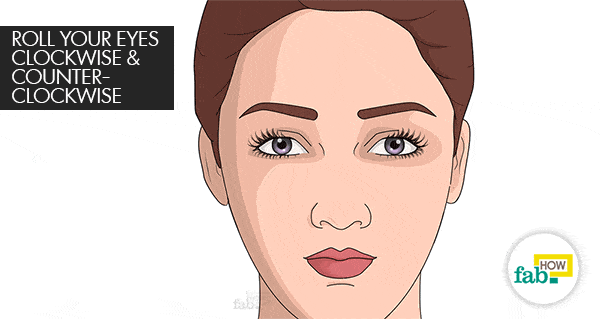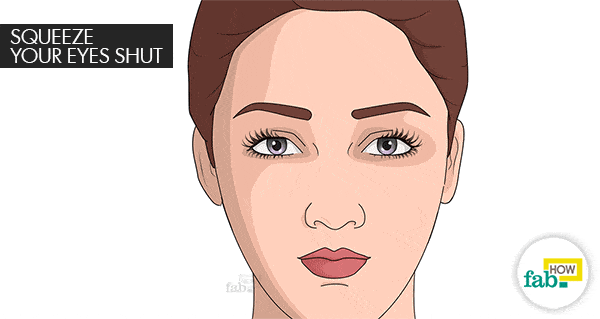The benefits of a full night’s sleep and the ill effects of sleep deprivation are discussed widely today. But sometimes ditching the nightcap can mean survival.
From time to time, your work or school assignments demand extra hours from you, hours usually reserved for sweet nighttime sleep. For your successful academic life or career, we’ll help you keep awake and alert.
Also, sometimes situations that are not academic or work-oriented require you to stay awake. For instance, taking care of an infant or a sick friend or relative.
Rather than resorting to energy drinks, you should try some safe and healthy ways to keep yourself awake. Energy drinks are often said to leave people feeling wired and high. The aftereffects often result in a crash, leaving them jittery and agitated.
Consuming healthy drinks and stimulating the body with stretching, exercising or acupressure are healthier ways to stay awake. Engaging your mind in various distracting activities can also keep you alert.
Here are six easy methods that can help you pull an all-nighter or stay awake and alert during the daytime:
Contents
Method 1: Using Caffeine
Caffeine is one of the most important ways to keep your body awake. Caffeine intake is followed by the release of adrenalin, which also helps you stay alert.
As a general rule, most adults can safely consume 400 mg of caffeine per day, which roughly translates into 2 to 4 cups of brewed coffee or about 10 cans of Coke. You may also take caffeine in pill form.
When using caffeinated beverages, coffee and tea are the healthiest choices when consumed within the caffeine limit. However, choose Coke over the energy drinks available in the market, as the latter usually have side effects and are accompanied by jitters.
It takes about 15 minutes or so for caffeine to take effect. The effects of 100 mg of caffeine usually last 3 to 4 hours, but may vary from person to person. Caffeine has a dehydrating effect on the body, so be sure to drink plenty of water, too.
If your body is accustomed to caffeine, this method may not work for you. Upping the dose of caffeine to keep awake may not be beneficial for your body.
Caffeine should not be used to keep children awake.
Method 2: Using Green Tea
Green tea is one of the healthiest beverages in the world. Fortunately, it can also help you stay awake. It contains caffeine, but a significantly smaller amount than coffee. Green tea may contain 24 to 45 mg of caffeine per serving.
Green tea also contains the amino acid L-theanine, which acts as a stimulant to the brain. The combined effect of caffeine and L-theanine not only helps keep you awake, but also keeps you alert.
With improved brain function, you’ll be able to concentrate on the task at hand without experiencing any jitters due to high caffeine intake. Apart from keeping you awake, green tea can also improve physical performance and overall health.
Method 3: By Splashing Cold Water
Cold water is very refreshing and can be used to counter sleepiness and make you feel alert. Using cold water to ward off sleep and stay awake may take some willpower, but it is a pretty efficient method.
- Splash some cold water on your face, especially your eyes. Also, splash cold water over the pulse points on your neck, wrists and insides of your elbows.
- If splashing some cold water doesn’t cut it, strip down and take a cold shower. The cold shock should jolt your body and senses into wakefulness and alertness.
- You can also drink cold water in order to stay awake. As the cold enters your system, your body and mind will start becoming alert.
Method 4: Using Intense Activity
When you feel the need to sit down, get active instead. Nodding off in a chair is not an option. Engaging your body in some rigorous activity or stretching can keep you from dozing off.
Rigorous activity is followed by an increased heart rate, release of endorphins and stimulation of adrenalin in the body. This shifts the body and mind from lax and resting phase to being wakeful and alert, ready for the task at hand.
Stretching also helps. It releases stress from the muscles, reducing the body’s need to rest. It also helps replenish the supply of oxygen throughout the body, which is essential to keep you awake.
You can use stretching and exercise in numerous ways to achieve an alert wakefulness.
Some exercise options:
- Take a brisk walk or a short run for 10 minutes.
- If going out for a walk or run is not an option, use the stairs. Going up and down a flight of stairs a couple of times should easily get your heart pumping.
- Do jumping jacks. Jump with your legs spread wide and hands touching above your head. Continue until your heart gets pumping.
Some stretching options:
- Keep your body straight and reach up with your hands. Clasp your fingers together above your head, stretching as high as you can.
- Clasp your fingers together and stretch your arms straight out in front of you, perpendicular to the chest.
- Stretch your neck by bending your head to each side, using your hands to steady your head. This will release stress from your neck muscles.
- Cross your left leg over your right leg and turn your torso to the left as far as you can comfortably go. This is a good technique for stretching your upper body. Relax and repeat the stretch in the opposite direction.
Stretches can be done sitting on a chair or standing up. Hold the stretches as long as you comfortably can. Relax and repeat the stretches for 5 minutes.
Method 5: Using Acupressure
Apart from relieving pain and reducing stress, acupressure can also be used successfully to help you stay awake. Administering pressure on specific points on the body can help generate alertness and increase mental productivity, which can come in quite handy if you need to study for a boring quiz.
- The easiest pressure points than can help keep you awake are located on your temples. Apply pressure on your temples using your pointer and middle fingers for 3 to 5 seconds. Relax and repeat 5 times. You may move your fingers clockwise or counter-clockwise as you apply pressure.
- Place both your thumbs behind your head, at the top of your neck where it meets your hairline. The rest of your hands should frame your head. Apply pressure on the neck 5 times in sessions of 3 to 5 seconds each.
- Locate the pressure point between the thumb and pointer finger of your left hand, where these digits appear to meet. Apply firm pressure to this point for 3 to 5 seconds, repeating the activity 5 times.
- Another effective pressure point is located in the middle of the soles of your feet. Massage the point, applying firm pressure in 5 bursts of 3 to 5 seconds.
Method 6: By Exercising/Relaxing Your Eyes
It is usually when you’re reading or sitting in front of the computer that you find it difficult to stay awake. And it’s during these instances that keeping awake is usually required.
Any sort of work taxes your eyes the most. Unhindered and forced concentration usually gives rise to eye fatigue. This makes it impossible to keep them open after a certain length of time.
Relaxing or exercising your eyes and giving them a break every now and then can help make you more alert and keep sleepiness at bay.
- Engage your eyes in some light exercise. Roll them up and down.
- Next, rotate your eyes side to side and diagonally.
- You can also rotate them clockwise and counter-clockwise. Repeat these exercises several times.
- Squeeze your eyes shut followed by opening them wide. Repeating this several times alleviates stress from the eyes.
- While working in front of a screen, give your eyes regular breaks. Stare out into the distance for a full 30 seconds after every 20 minutes. Rapidly blinking your eyes can also be used to de-stress them.
Additional Tips:
- Always compensate for lost sleep, as sleep deprivation can result in sleepiness and lack of alertness during the day. Devise a healthy sleep schedule and stick to it.
- Take a short nap. Sounds counterintuitive, but we did say “short”. Taking a 10-minute nap can relieve the fatigue and you’ll last longer without relapsing.
- Keeping your body hydrated can also help you battle drowsiness. That’s because dehydration causes anxiety, which can give rise to drowsiness.
- Long stretches of work should always be interspersed with regular, short breaks to combat fatigue and sleepiness and increase productivity.
- Exposing yourself to bright lights can also do the trick. Bright lights hinder the body’s release of melatonin, the sleep hormone.
- Engaging your body in distracting activities can stimulate your mind into alertness. Listening to music that doesn’t interfere with your work is one way to do just that. Eating a snack also works similarly. If you’re on a diet, chewing gum will do.
- You can also play video games to keep awake, if you just need to stay awake without getting any work done.














I love these tips